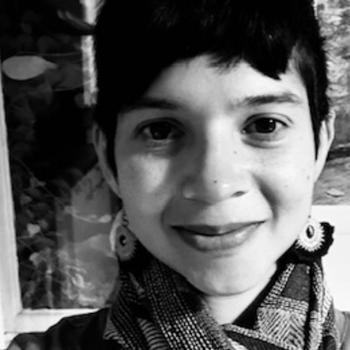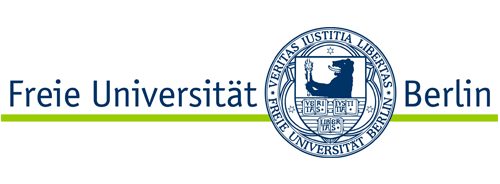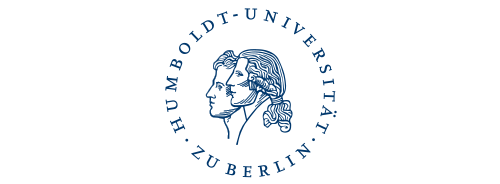Shamoni Sarkar
Shamoni Sarkar ist Doktorandin in der Einstein Research Group "Reorganizing Ourselves" und assoziiertes Mitglied des Graduiertenkollegs "Normativität, Kritik, Wandel". Ihre ausführliche akademische Vita finden Sie hier als PDF.
In my dissertation project, I am working out a philosophical conception of ‘community’ that is not exclusively based on the grounds of wholeness or cohesion, or on an abstract idea of individual rights. Instead, the project affirms the importance of incompletion and inarticulation within ‘community’, and considers the role these features play in any conception of human togetherness. In order to do this, I first turn to early German romanticism and its idea of the fragment, because the fragment– both as a literary style as well as a philosophical idea– allows us to see how ‘wholeness’ and ‘fragmentation’ come together, and how (and when) they stand apart. The fragments do this by making us see the co-generative and co-sustaining nature of poetry and philosophy, of communication and withholding, and of isolation and community, opening up further questions about the role of language, meaning, and the status of the ‘individual’ in the ‘world’. In this way, they give us an original ontology of ‘community’, especially by way of their conception of the ‘poetic’, which extends from the literary to the very nature of human experience and communication.
My own account of community is inspired by the early German romantic fragment, and uses the questions raised by it to draw connections to the ways in which critical theory and French post-structuralism have addressed the idea of ‘community’. So I also draw from Walter Benjamin’s ideas on German romanticism and on the broader potential of the fragment, Adorno’s aesthetic theory, and Jean-Luc Nancy’s notion of ‘inoperative community’, i.e. a community that progresses by never articulating its direction. Putting these in conversation with even more recent scholarship that has touched on relevant aspects of the fragment, such as, for example, what it reveals about our contemporary technological age, I want to show that the idea of ‘community’ we get from the early German romantic fragment is not only original, but that it also traverses different periods of time.
Research Interests
- Early German Romanticism
- Kant and Hegel
- 20th Century European Philosophy, specifically post-structural philosophy and critical theory





